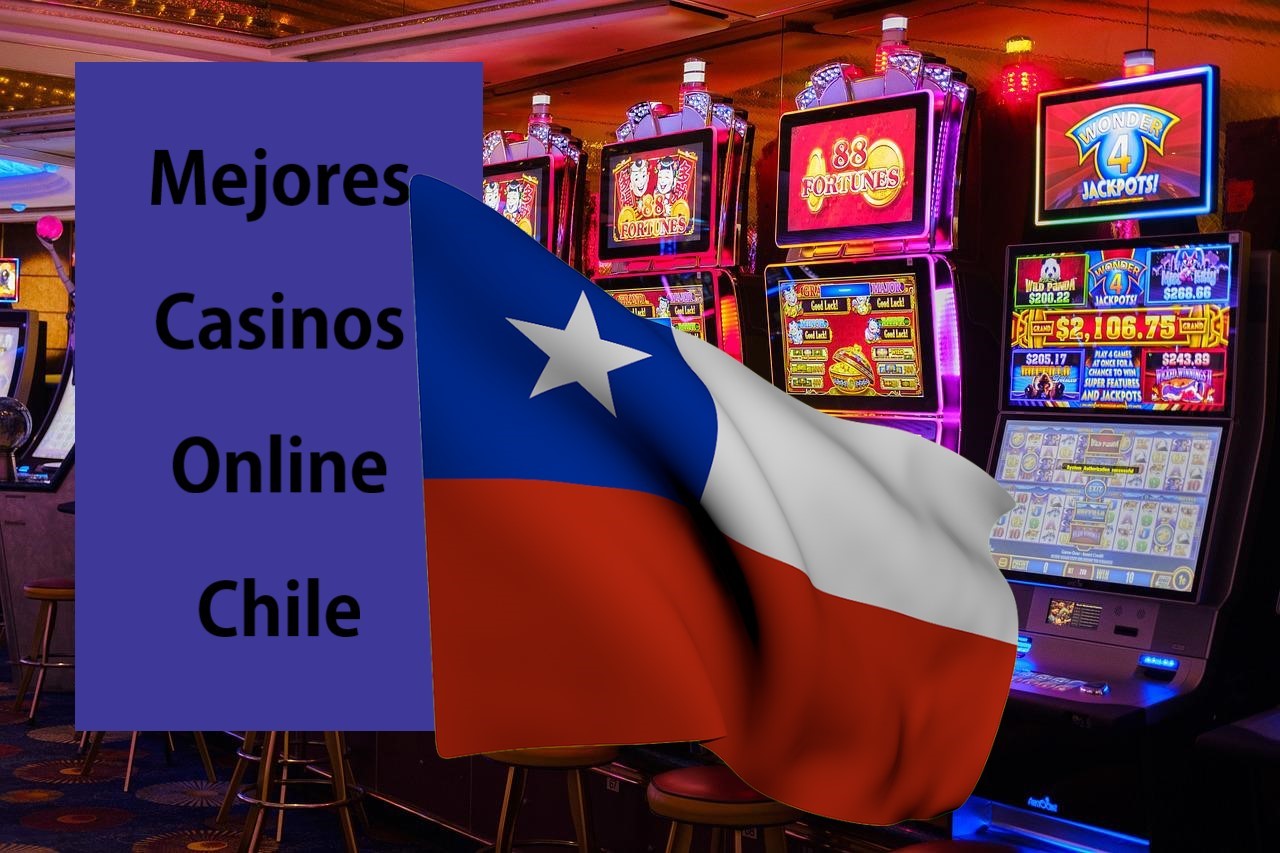Casino games have long been a staple in human culture, offering not just entertainment but a captivating reflection of our dreams, dreams, and concerns. From the rotating wheels of a slot machine to the tactical play of poker, these games encapsulate a range of human feelings and events. At their core, casino games are more than a chance to earn cash; they are a reflection of life itself, where risk and reward merge and fate can change in an moment.

As players gather around tables or sit in front of brightly lit machines, they engage in a tradition that transcends mere playing. These games mirror our innate desires for social interaction, adventure, and the search for fortune. They also disclose deeper truths about human psychology, such as our relationship with fate and the adrenaline of the unknown. In exploring casino games, we uncover not only the mechanics of play but also the rich tapestry of the human experience, showcasing our woven narratives of hope and reality.
The Psychology of Gambling
Gambling is intrinsically connected in the psyche of individuals, tapping into various emotions and desires. The thrill of taking risks is a fundamental aspect that attracts participants, be it it’s excitement of spinning a roulette or the excitement of drawing a winning hand in poker. This rush of adrenaline is frequently likened to other forms of thrill, as the unpredictability of outcomes triggers a distinct psychological response. Players often find themselves captivated by the possibility of winning big, leading to an almost magnetic draw toward casino games.
Another, a crucial component of the psychology behind gambling is the concept of hope and ambition. Participants often indulge in dreams of financial freedom and the opulent lifestyle that can accompany winning. This hope fuels their continued participation in gambling, as it provides a sense of meaning and the conviction that a life-changing win could be just one bet away. The story of overcoming odds and achieving success resonates with many, reinforcing their dedication to play and involve themselves with these games.
Finally, social dynamics play a significant role in gambling psychology. Casino environments are designed to promote social interaction, where players gather to share the journey of wins and losses. This communal aspect not only enhances enjoyment but also influences behavior, as individuals often mimic the actions of others in their vicinity. The collective approval found in mutual thrill can magnify the emotional experience, making casino games a mirror of not just personal desires but also shared involvement within the gaming community.
## The Dual Nature of Risk and Reward
Gambling games embody the delicate balance between danger and reward that resonates deeply with the human experience. The thrill of placing a wager is often accompanied by a surge of excitement, as gamblers are confronted with the prospect of striking it rich, yet conscious of the possibility to suffer losses. This dual experience reflects a essential aspect of life: the choices we make often come with intrinsic risks, and the chase for gain can push us to take chances we might not typically consider. In this way, gambling activities echo real-world decisions, enticing players to risk not just their money, but also their hopes.
The allure of jackpot prizes and payouts fuels a wave of hope, encouraging gamblers to imagine a brighter future that could arise from a lucky spin of the roulette or dealing of a hand. This hope can compel individuals to engage in greater risks, pushing them to push their boundaries in search of financial gain. However, just as in life, the outcomes of these risks can lead to both victory and failure. The stories of both jackpot winners and those who have faced losses everything at the tables demonstrate the unpredictable nature of chance and its impactful repercussions on our lives.
Ultimately, the interaction of engaging with gambling activities serves as a strong reminder of the nature of humanity. Every game played is loaded with the tension of ambiguity, as gamblers weigh the rewards against the dangers. bắn cá mmlive This dynamic not only highlights the excitement that comes with gambling but also reveals the weaknesses that come with the longing for more. As we journey through the complexities of choice and results in both the casino and in life, we find that the search for benefit shapes our sense of self and lives in significant manners.
Culture and Solitude in Casino Environment
Casino culture is a special combination of social engagement and personal pursuit, reflecting the dualities of individual experience. Players often come together around tables, sharing in the excitement of the action, rejoicing in wins, and commiserating over losses. This communal aspect is crucial, as it establishes a sense of community and bonding among varied groups of individuals. mmlive Regular visitors to gaming establishments may build friendships and develop routines, turning the casino into a alternative home where they experience connected to a larger community of players.
However, the allure of casino activities can also lead to loneliness. As individuals become immersed in the excitement of gambling, they may withdraw from personal relationships or neglect to interact with the world outside the casino. For some, the pursuit of a windfall can distract from real relationships, leading to isolation. The experience of being among people yet experiencing solitary is not uncommon, as the attention shifts from shared enjoyment to the individual stakes of each individual’s path.
This interaction of community and isolation creates a vivid mosaic that defines casino culture. It showcases the intricacy of human interactions, where joy and sorrow exist together. Gambling venues serve as both a sanctuary for social engagement and a platform for individual struggles, demonstrating how intimately connected our yearning for connection and the individual quest for fortune can be. In navigating this landscape, players confront their own narratives—seeking both the rush of the wager and the fellowship of fellow gamblers, ultimately reflecting the wider spectrum of human experience.